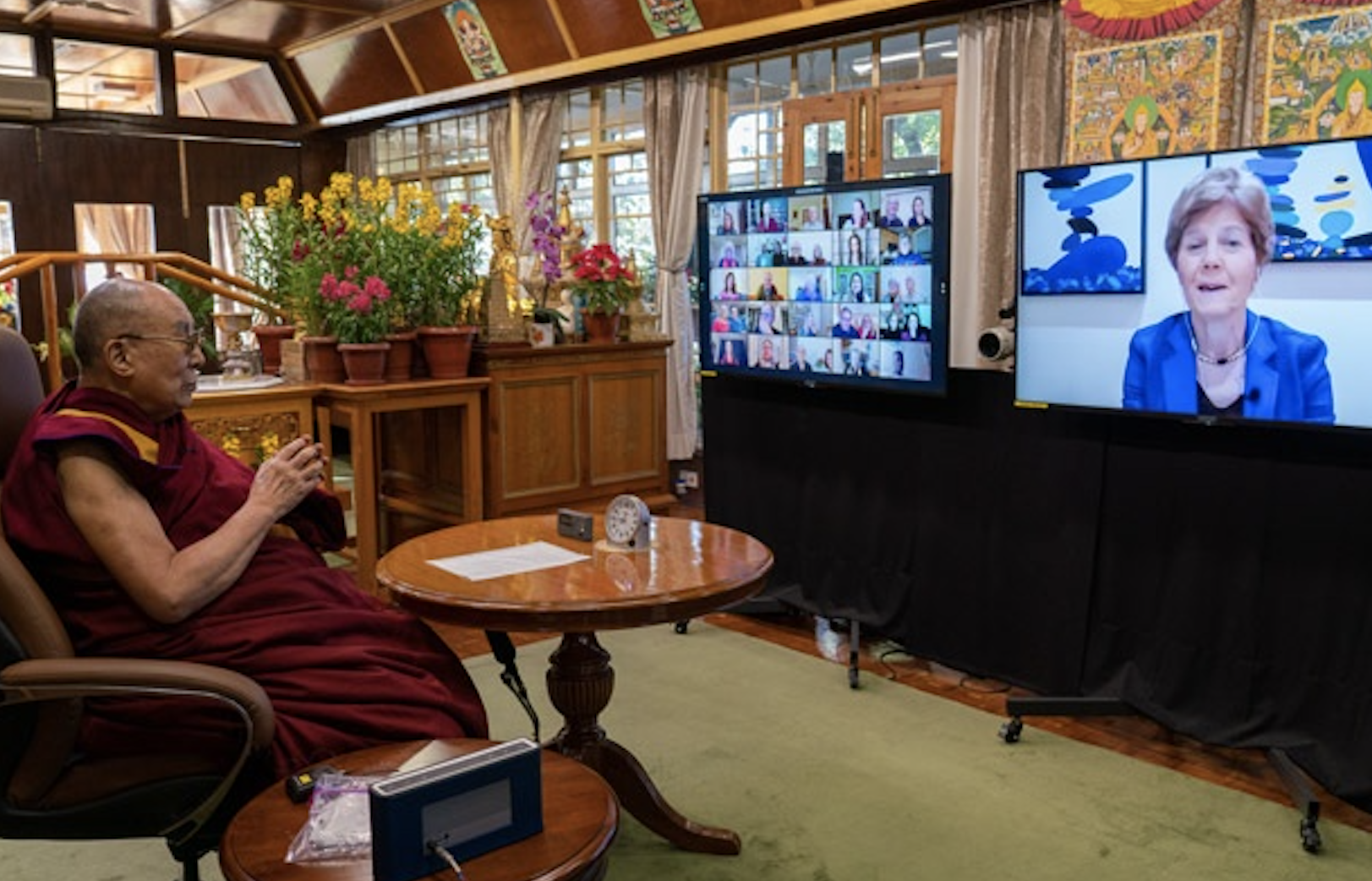
On Climate Feedback Loops
On Saturday, January 9th we celebrated the start of a powerful conversation on the The Crisis of Climate Feedback Loops as His Holiness the Dalai Lama and environmental activist Greta Thunberg came together to examine these imminent risks. CUHF Co-Founder and Core Team member Diana Chapman Walsh moderated this conversation hosted by the Mind & Life Institute, with climate scientists William Moomaw and Susan Natali contributing their scientific expertise as critical context for the changes we’re seeing.
This conversation announced the release of a series of educational films on the climate feedback loops fueling the climate crisis. We invite you to watch the first of these films below, and to view the full series here.
About the speakers
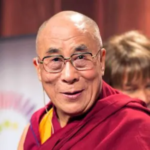
His Holiness the 14th Dalai Lama
His Holiness the 14th Dalai Lama was awarded the Nobel Peace Prize in 1989. He was the first Laureate to be cited for his leadership in advocating that humans take responsibility to protect the environment. He recently published Our Only Home: A Climate Appeal to the World. He is a co-founder of the Mind & Life Institute.
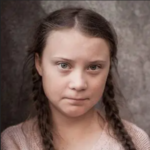
Greta Thunberg
Greta Thunberg is a Swedish climate activist who started a school strike in front of the Swedish parliament in August 2018. Her solo protest has inspired school strikes for climate action all over the world since then. More than seven million people attended global school strikes in September 2019. Greta has addressed decision-makers at UN climate summits in New York, Poland and Madrid, at the World Economic Forum in Davos, and in several national parliaments. In 2019 Time Magazine selected her as Person of the Year. Alongside being an activist, Greta is currently attending high school in Stockholm, Sweden.
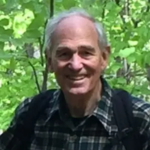
William R. Moomaw
William R. Moomaw is Professor Emeritus at the Fletcher School at Tufts University and Visiting Scientist at Woodwell Climate Research Center in Massachusetts. He holds a Ph.D. degree in chemistry and worked to find solutions to stratospheric ozone depletion while working for the U.S. Congress. He then spent 20 years identifying actions and technologies to slow climate change and was a lead author of five major Intergovernmental Panel on Climate Change reports. More recently, he has developed natural climate solutions that protect and restore forests and wetlands to remove more heat-trapping atmospheric carbon dioxide.
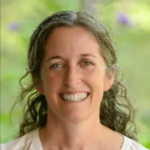
Dr. Susan Natali
Dr. Susan Natali leads the Arctic Program at Woodwell Climate Research Center. She studies the consequences of climate change in the Arctic, with a focus on permafrost thaw and wildfire, and the global implications of these changes. Her work has provided groundbreaking measurements of greenhouse gas emissions from thawing permafrost. She also works with local communities in the Arctic who are adapting to the impacts of a rapidly warming climate and dramatically changing landscape. Dr. Natali is committed to seeing both the human and climate impacts of rapid Arctic change incorporated into public understanding and global policy.
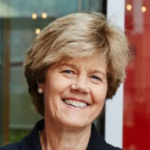
Diana Chapman Walsh
Diana Chapman Walsh, Ph.D. is President Emerita of Wellesley College, Senior Advisor to Stanford University’s Center for Innovation in Global Health, life member emerita of the MIT Corporation, co-founder of the Council on the Uncertain Human Future, and former board member of the Mind and Life Institute, the Broad Institute (chair), the Kaiser Family Foundation, the Institute for Healthcare Improvement, the State Street Corporation and Amherst College. She is a member of the American Academy of Arts and Sciences and a former professor and department chair at the Harvard School of Public Health.

